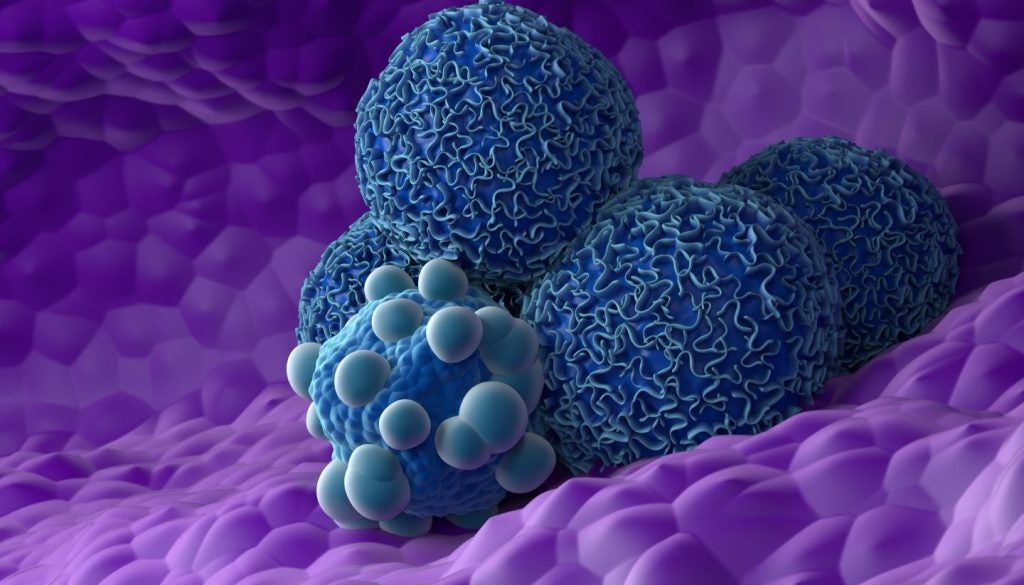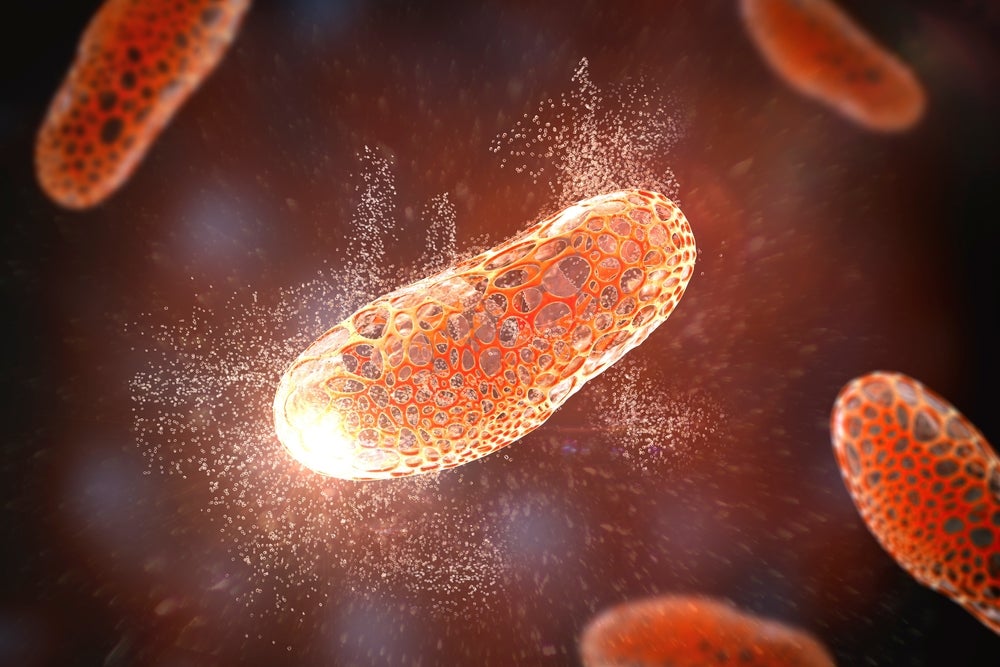ArriVent BioPharma has entered a partnership with Alphamab Oncology subsidiary Jiangsu Alphamab Biopharmaceuticals for the discovery, development and marketing of new antibody-drug conjugates (ADCs) to treat cancer.
The partnership will utilise the linker-payload platform and glycan-conjugation technology of Alphamab to detect promising ADC candidates for oncology indications.
ArriVent will obtain sole worldwide rights for developing and commercialising the ADCs developed through the partnership.
Mainland China, Hong Kong, Macau and Taiwan are excluded and remain under Alphamab's jurisdiction for the development and commercialisation of the ADCs.
ArriVent chairman and CEO Bing Yao stated: “This exciting collaboration strengthens and complements our pipeline with the potential to add multiple innovative new ADC programmes, and exemplifies our strategic model of identifying and developing potential first and best-in-class product candidates from across the globe.
“We look forward to complementing the research and discovery capabilities of Alphamab with our global drug development and commercialisation expertise to address the unmet needs of cancer patients.”
The financial structure of the deal includes up to $615.5m in combined upfront and potential milestone payments to Alphamab.
The payments are contingent upon reaching specific regulatory, development and sales-based targets across the potential programmes.
Alphamab is entitled to receive tiered royalty payments based on product sales from ArriVent for each ADC product commercialised under the collaboration.
Alphamab Oncology founder, chairman and CEO Ting Xu stated: “ArriVent shares our passion for developing differentiated, clinically valuable and globally competitive new drugs.
“This collaboration, based on Alphamab’s proprietary and clinically validated glycan-conjugation platform, combined with ArriVent’s deep knowledge in oncology and extensive development experience, provides us with the opportunity to work together to deliver important new oncology therapeutics to patients.”
















